When you're out on the water, preparation can make the difference between a successful day of fishing and a stressful trip home. Whether you're a seasoned angler or a weekend enthusiast, having the right gear on board is essential. Today, we're diving into the boat essentials you should never leave the dock without. These items go beyond the basics and are designed to enhance your safety, convenience, and success on the water.
1.Kill Switch Cord: A Vital Safety Tool
One of the most important safety items you can have on your boat is a kill switch cord. In many locations, including Rhode Island, this device is legally required for boats 26' and under. But beyond regulations, it could save your life. A personal experience involving a broken hydraulic steering system highlighted the importance of this device for me.

Modern kill switch cords are easy to use, with simple clips that attach securely to your body. Whether you're fishing alone or with friends, this safety tool ensures that the engine will shut off in case you fall overboard, preventing dangerous accidents.
2.Boat Tool Kit: Be Prepared for Quick Fixes
A well-equipped boat tool kit can be a lifesaver. Here’s what mine includes:
-
Flashlight: A waterproof flashlight with red and white light modes for night fishing or emergencies.
-
Starting Fluid: Handy for emergencies when the engine won’t start.
-
Spare Parts: Nuts, bolts, fuses, and gaskets for on-the-fly repairs. Make a list of the nuts and bolts that are on your boat and keep spares.

-
Screwdrivers: A Phillips and a flathead screwdriver tailored to fit every screw on the boat. Check to make sure a single Phillips head and single flat head fit every Phillips and flat head on the boat. Make it easy on yourself by switching out hardware to fit the screwdriver rather than carrying multiple screwdrivers.
-
Vise Grips and Pliers: Essential for clamping or holding things together. A pair of Knipex or similar pliers will replace a lot of other tools. Vise grips can be a key for clamping and holding things securely.
-
Electrical Tape and Aluminum Foil Tape: The former for simple fixes and the latter for heavy-duty repairs, like patching a leaky hose.
Keeping this kit simple yet comprehensive allows me to address minor issues quickly and avoid cutting the trip short.
3.First Aid Kit: Stay Safe on the Water
Accidents happen, and being prepared with a well-stocked first aid kit is non-negotiable. My kit includes:

-
Waterproof casing to keep supplies dry.
-
Basic medical supplies such as bandages, antiseptic wipes, and gauze.
-
Instructions for handling injuries.
-
A light stick for emergencies at night.
I’ve customized this kit to meet my specific needs on the boat and always ensure that supplies are up-to-date and dry.
4.Non-Perishable Snacks: Fuel for Long Trips
You never know when a trip will go longer than expected. Keeping trail mix, granola bars, or power bars on hand ensures you stay energized. I prefer snacks sealed in waterproof containers to keep them dry and fresh.
5.Rags: The Ultimate Multi-Use Tool
Rags may seem simple, but they are incredibly versatile. I keep various types on board:
-
Microfiber cloths for wiping down delicate surfaces like windshields.
-
Cotton rags for general cleaning and wiping down the deck.
-
Old t-shirts for handling messy tasks like cleaning up fish blood.

These rags help keep the boat clean and safe by preventing slips and maintaining a tidy deck.
6.Cooler and Tape Measure: Be Ready to Keep Your Catch
If you plan to keep any fish, a cooler and a tape measure are must-haves. Knowing your local regulations is crucial to ensure you're keeping legal-sized fish. I typically bring a cooler filled with ice to preserve the catch until I return to shore.
Even if you’re not targeting fish for the table, it’s always good to be prepared in case you land a keeper.
7.Fishing and Maintenance Log: Track Your Success
Maintaining a log is beneficial for both boat maintenance and fishing success. Here's what I track:
-
Dates and times of trips
-
Weather and tidal conditions
-
Fish caught and their sizes
-
Maintenance activities, such as oil changes or fuel usage

This log helps identify patterns for more successful fishing trips and ensures the boat stays in peak condition.
Final Thoughts
Preparation is key to enjoying your time on the water. The items listed above are the result of years of experience and lessons learned. If you’re new to boating or looking to optimize your trips, consider incorporating these essentials. And, as always, let us know if you have any must-have items we missed!




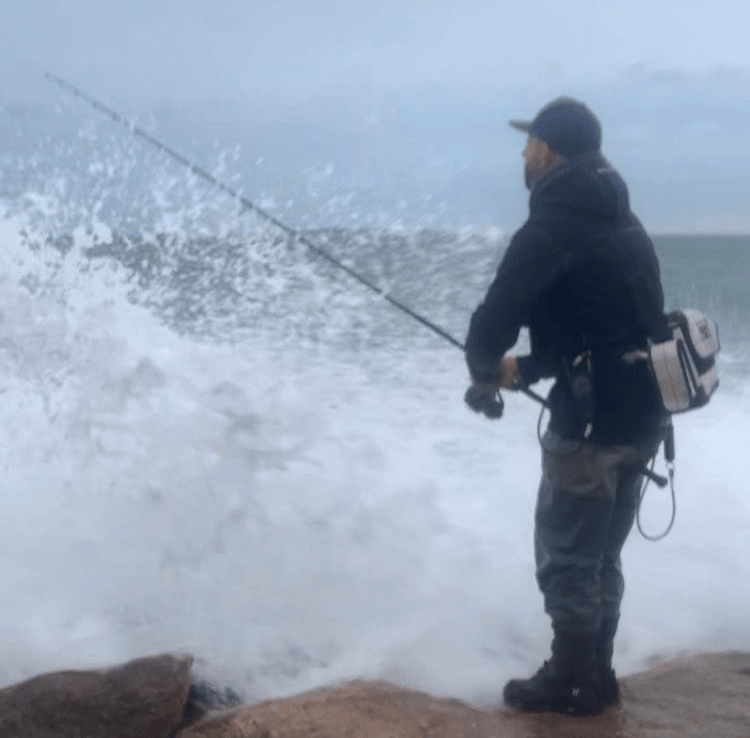

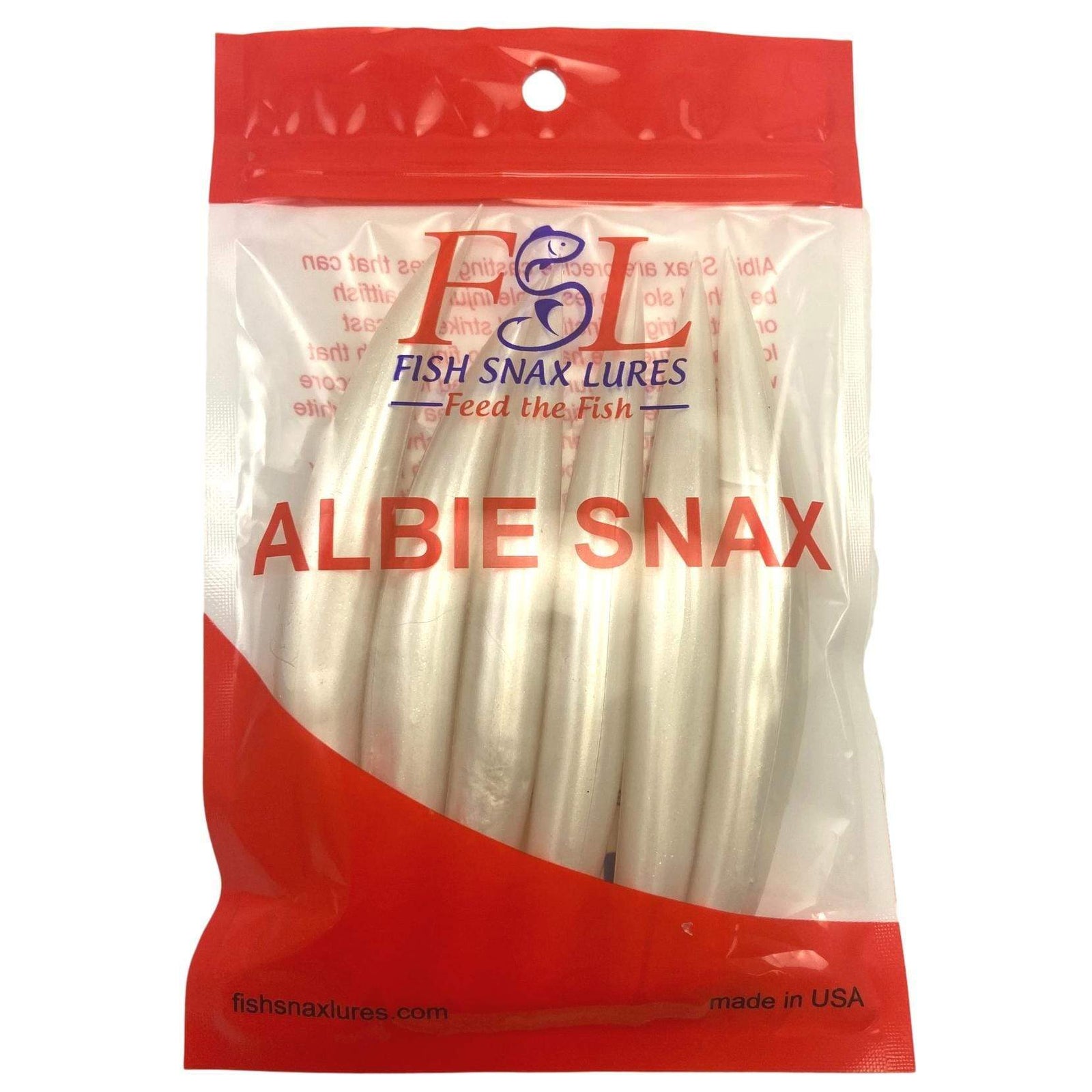

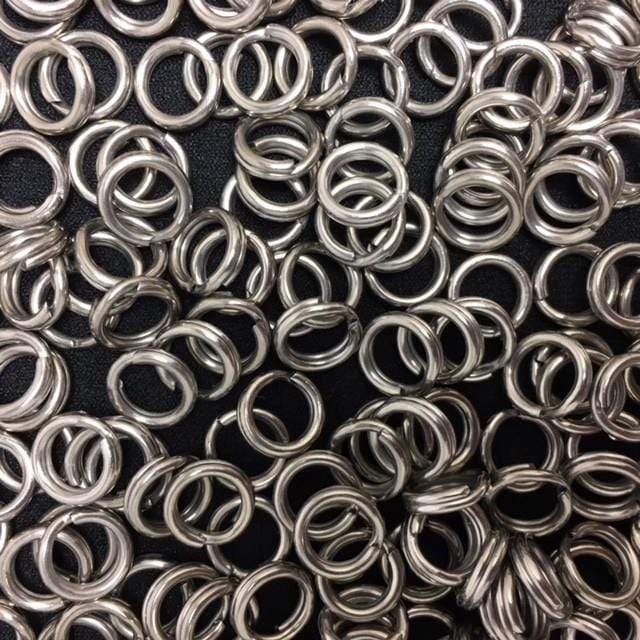
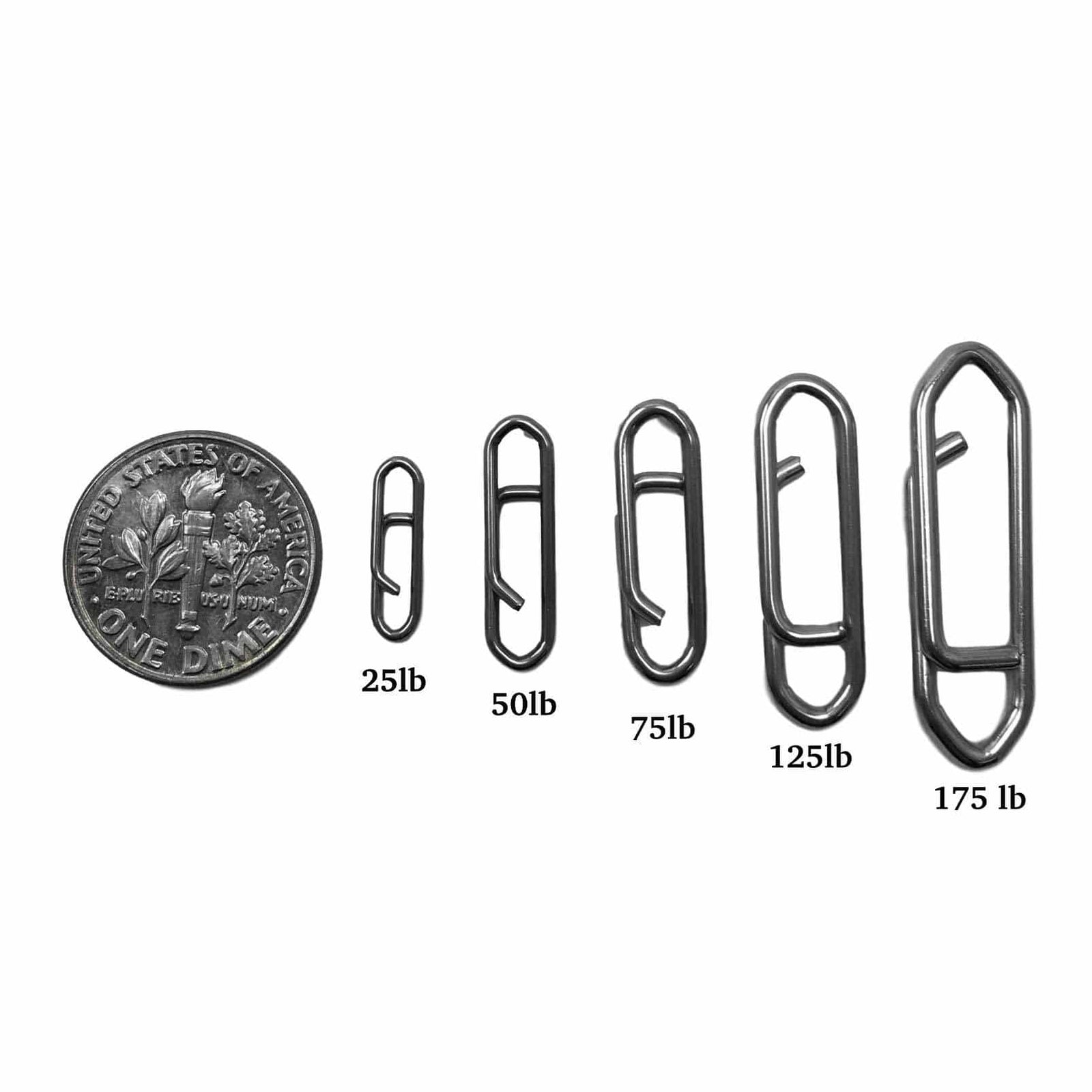

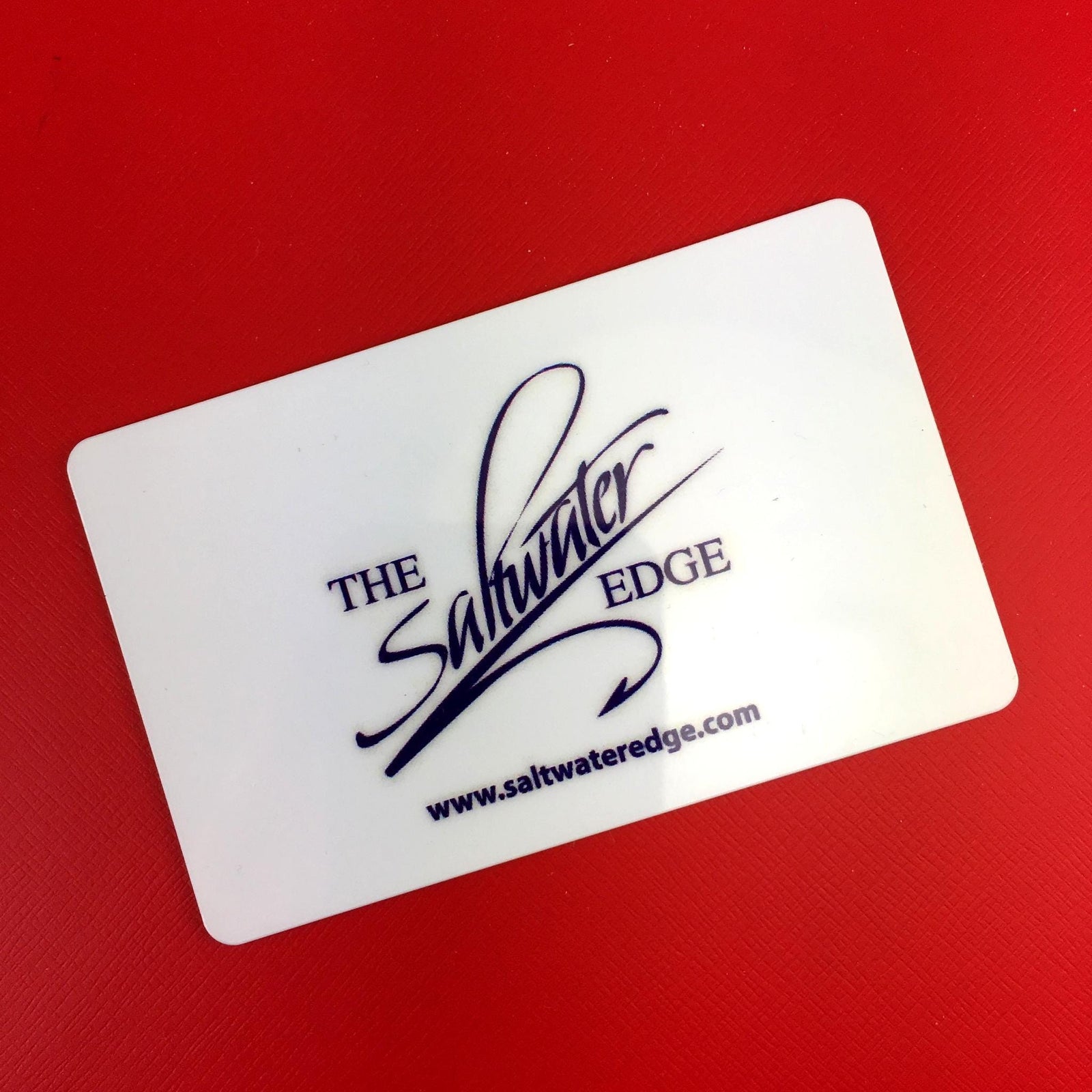
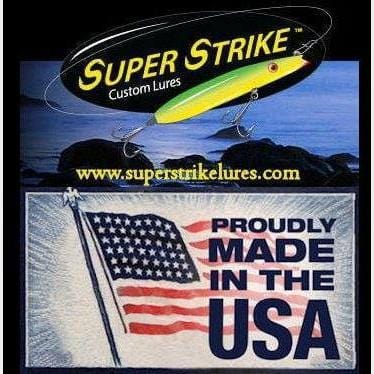

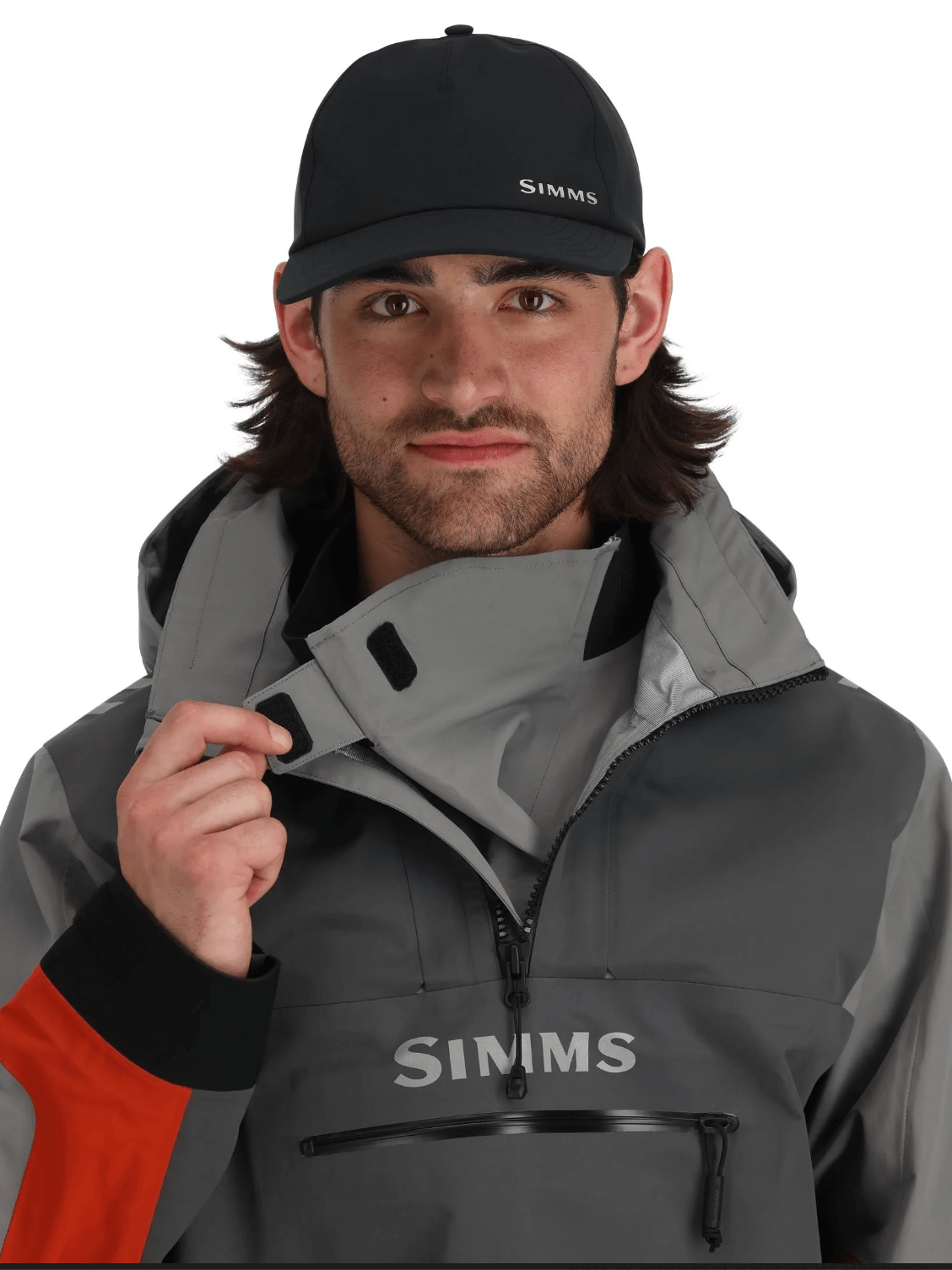

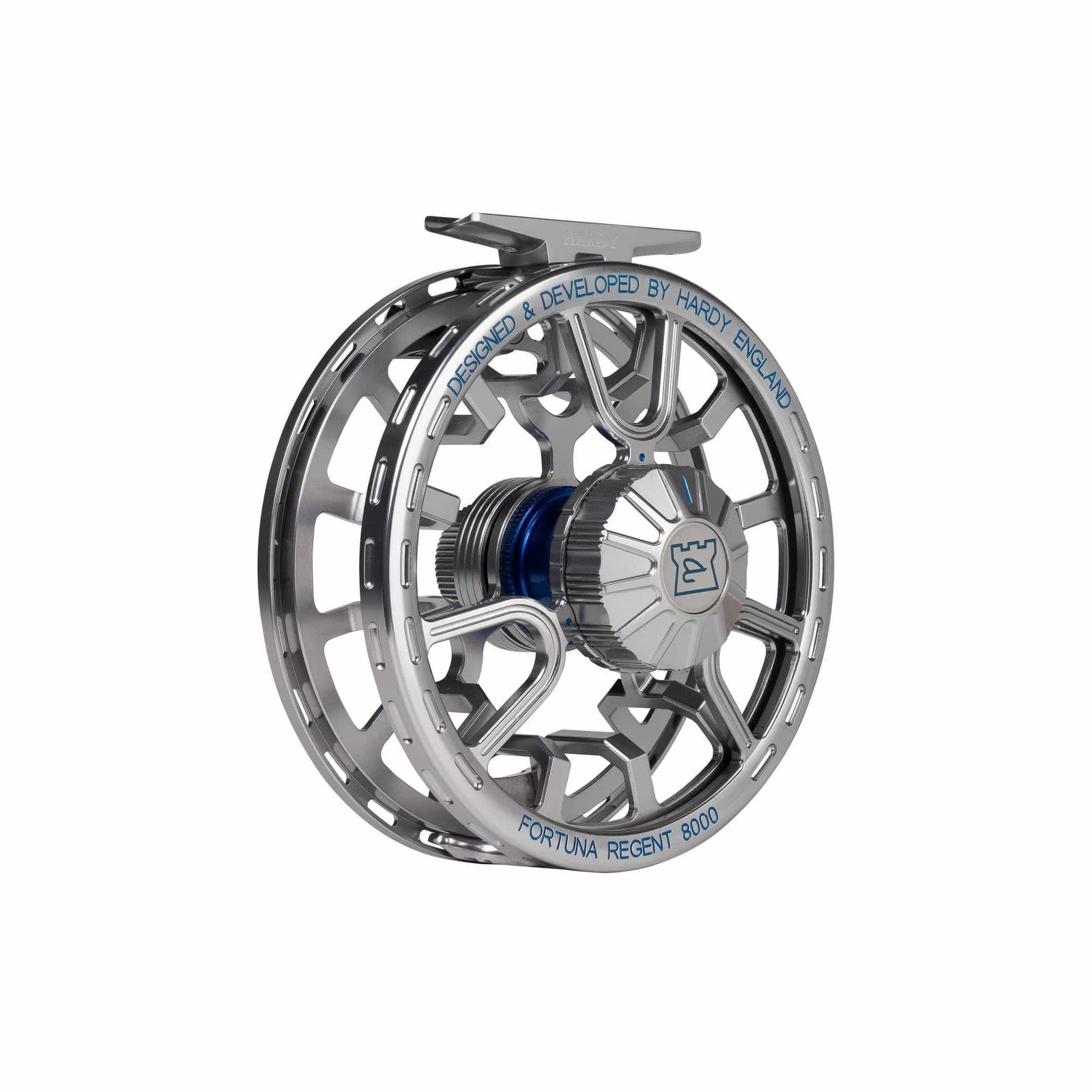
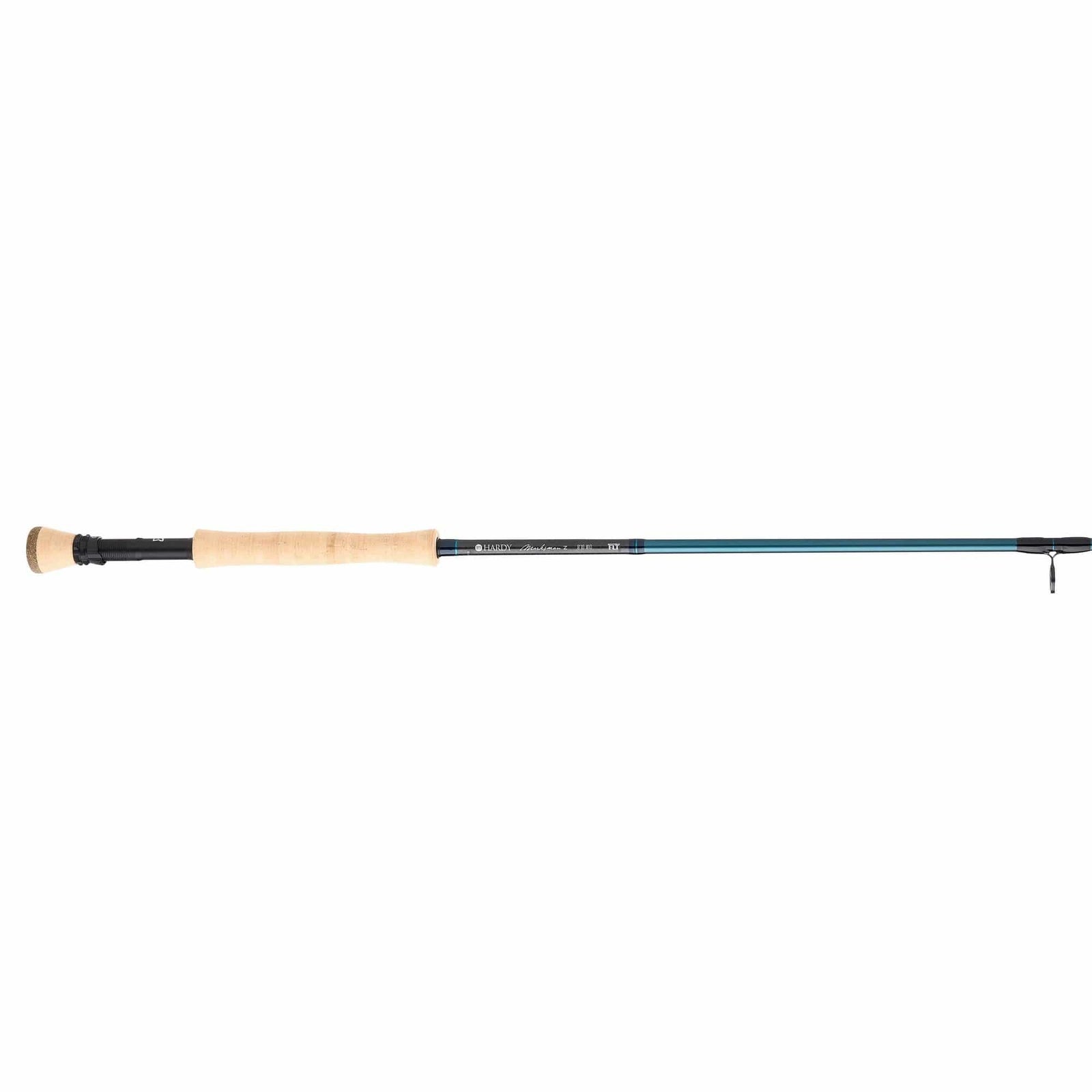
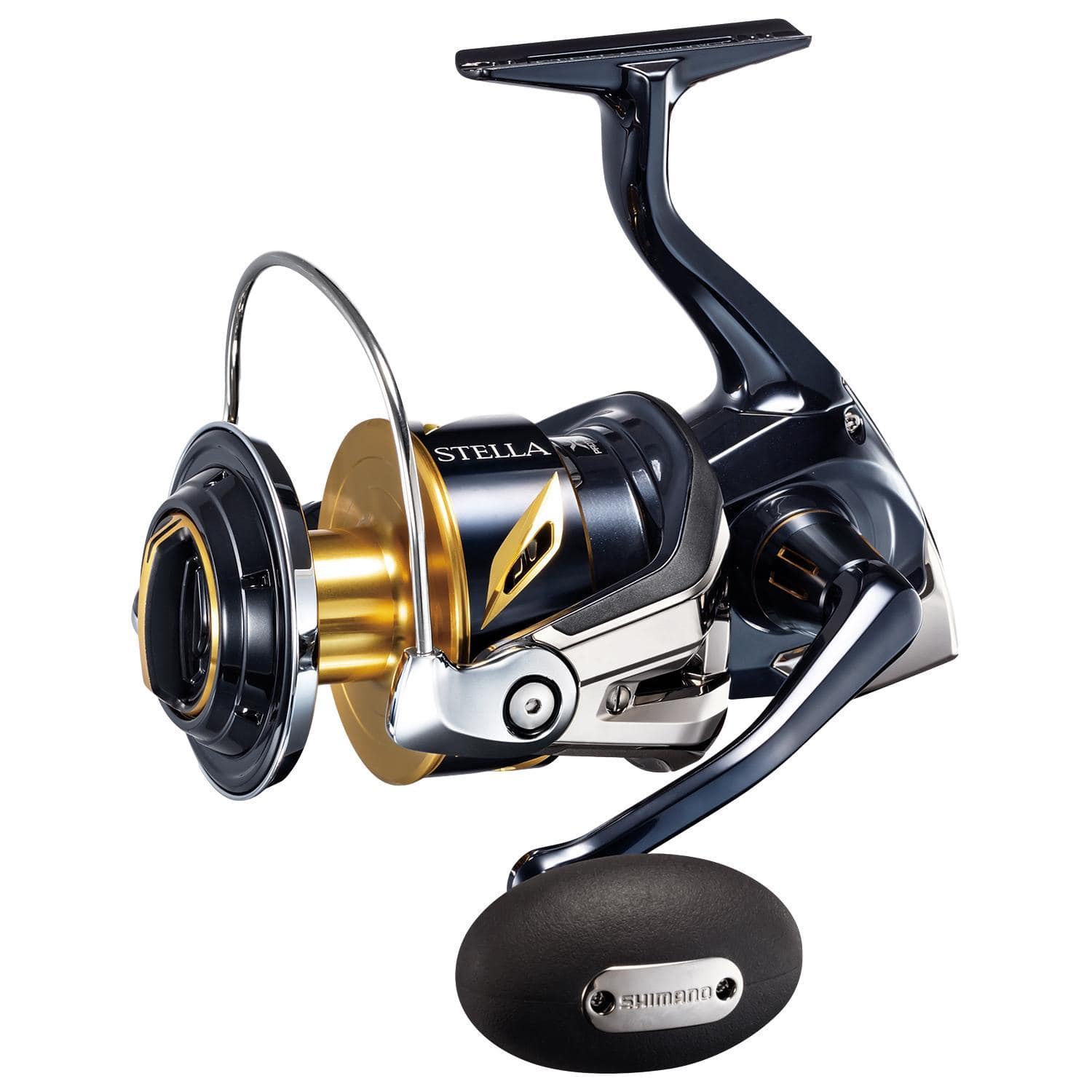
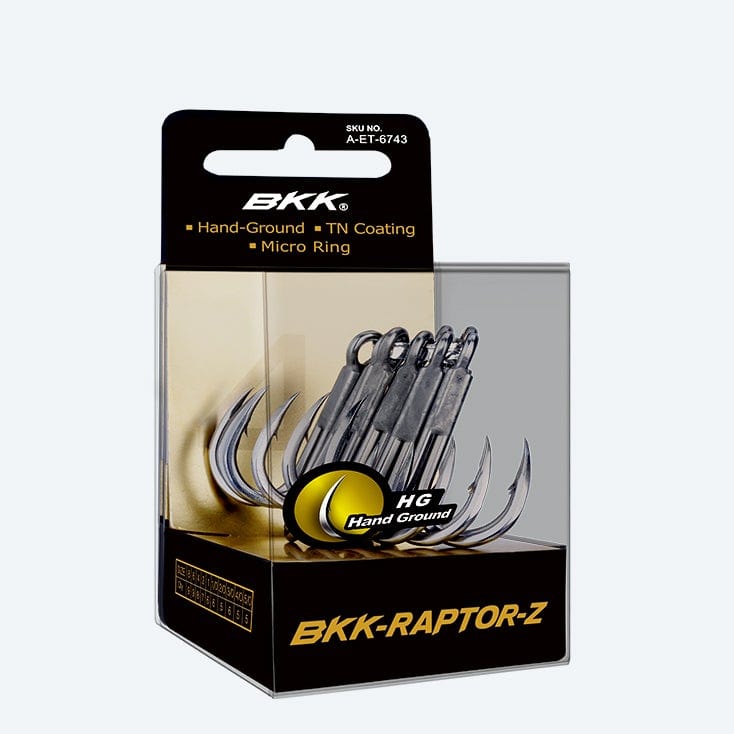



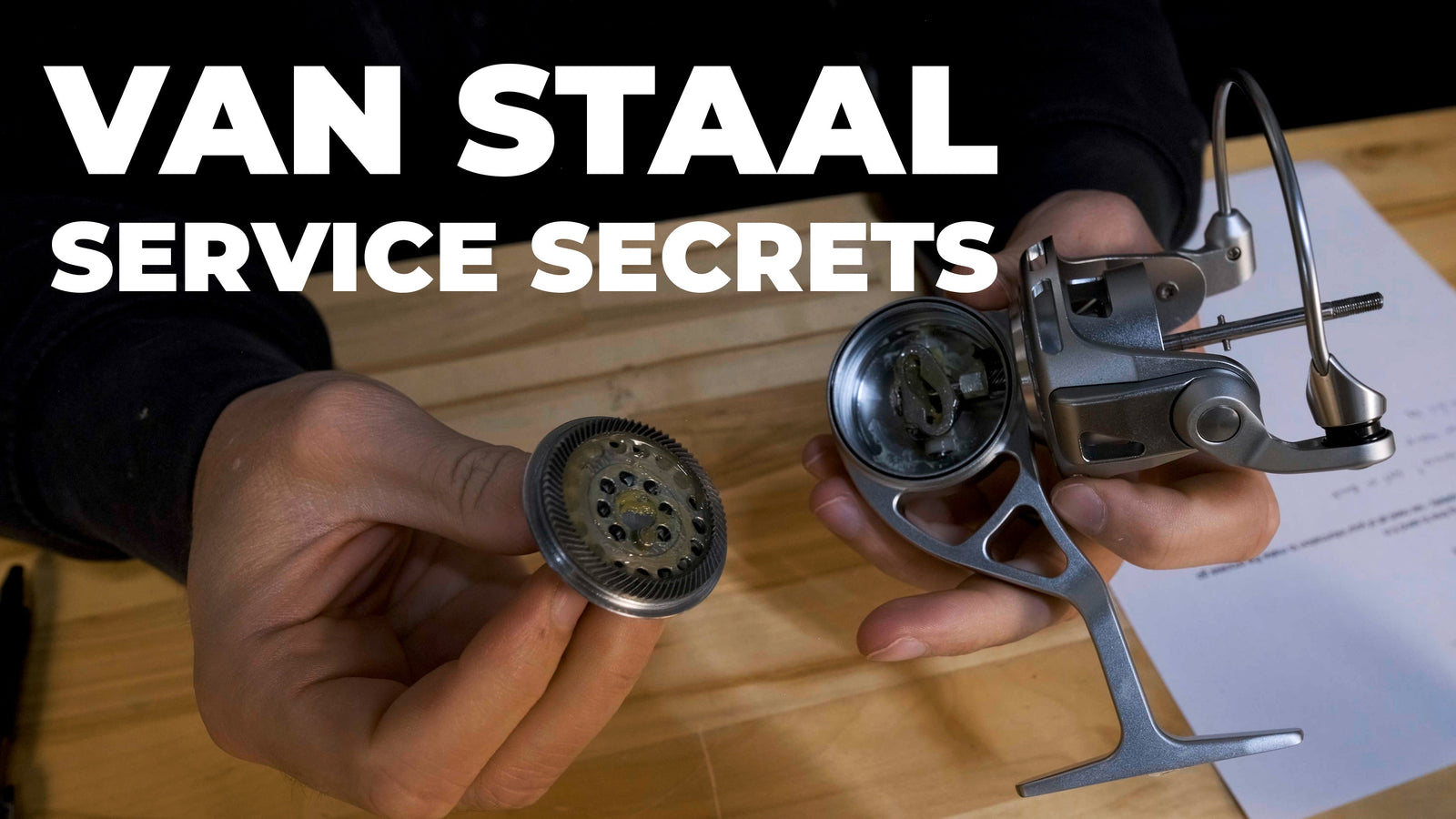
Ken Spicer
February 10, 2025
Forgot to mention water